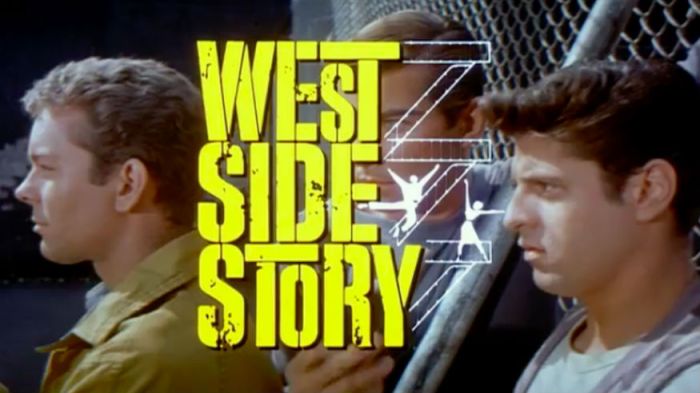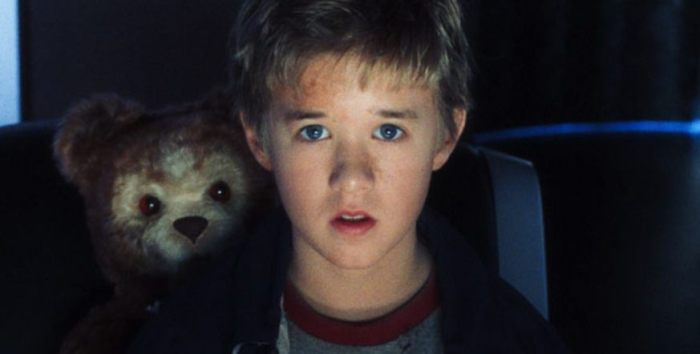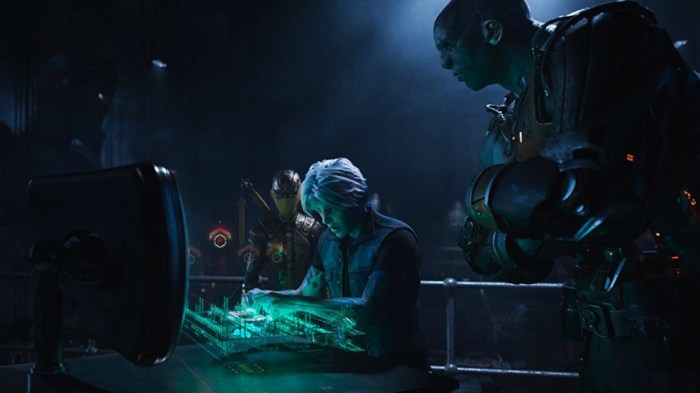Trust Steven Spielberg to see the writing on the wall four years before anyone else. It was June 2013 when Steven Spielberg predicted the “implosion” of the film industry while discussing just how reliant studios had become on blockbusters worth between $150 and $200 million.
“There’s eventually going to be an implosion — or a big meltdown,” Spielberg told the USC School Of Cinematic Arts at the time. “There’s going to be an implosion where three or four or maybe even a half-dozen mega-budget movies are going to go crashing into the ground, and that’s going to change the paradigm.”
The Mummy, King Arthur and Alien: Covenant, we’re looking at you.
Look at the box office returns of these movies, or some of the other most expensive films of the last 12 months, and you’ll see evidence that we’re already in the midst of this implosion. Last summer big names from Ghostbusters to X-Men: Apocalypse flopped or underperformed to such an extent that the studios said “hard pass” to plans for their sequels.
This year is shaping up to be just as disappointing. Fifty Shades Darker was more than fifty shades less successful than its predecessor, banking a cool $200 million less. That’s enough to make any studio nervous. After the lower-than-expected numbers from Alien: Covenant, King Arthur, Power Rangers and Transformers: The Last Knight, studios are questioning what they thought about audiences — and quickly recalibrating.
Why are these blockbusters going bust?
Blame it on the Marvel movies. After the huge success Marvel experienced with its own Cinematic Universe, other studios dreamed up their own runaway hits that would then blossom into full-blown franchises. You could say the heads of studios from Universal to Paramount were drifting off to sleep counting sequels instead of sheep.
When films like Teenage Mutant Ninja Turtles and Divergent banked promising returns, studios believed they’d cracked the winning formula. The studios thought combining a large scope and budding universe would guarantee success. They became complacent. And, well, they were also wrong.
Because these films have either been rushed out or are just plain bad, audiences have quickly become disinterested. And the endless stream of cookie-cutter franchise starters — featuring the same tone, same action, same color palette — only quickened the decline.
The films that have managed success in recent months have gone against the grain, either by waiting to release a polished extension of the franchise or breaking from their predecessors. Logan’s brutal, subversive take on the character paid dividends. Pirates Of The Caribbean: Dead Men Tell No Tales was released 6 years after the last installment.
Those that didn’t break the mold in some way perpetuated the success of their franchise by faring well critically, as seen with Fate Of The Furious, Wonder Woman and Guardians Of The Galaxy Vol. 2.
But is the film industry imploding like the Steven Spielberg quote suggests?
We’re not quite at that stage — yet. Marvel and Star Wars, among others, prove there’s still a craving for universes and sequels. But gone are the days of studios lazily and shamelessly ushering films into multiplexes without trying to make them original, hoping that enough viewers will be tricked into watching it to greenlight a sequel.
Audiences aren’t stupid, and it’s clear that they’ve quickly grown tired of formulaic and rehashed material.
It’s hard to know which way studios will now turn to entice viewers, but it’s clear that changes are required.
The most likely move for studios is cutting expenses by shifting away from huge visual effects-driven blockbusters that cost around $200 million to make. But if Baby Driver and Dunkirk can put up impressive numbers, the answer might lie in shifting the creative power from the producer back to the director. Both of these films are directed by strong and distinctive filmmakers with styles and voices that set them apart, and box office success would make a strong case for future films to follow suit.
But with television stronger than ever before, and the likes of Game Of Thrones and Stranger Things proving as big as any film in recent years, studios will need to think long and hard about how to keep their viewers interested.
The franchise film industry is at more of a risk of a slow, quiet death than a sudden implosion, but a death it will be if audiences drift away. But maybe that would be a good thing. Maybe the void would create space for something unexpected and exciting that would, as Spielberg put it, “change the paradigm.”

















